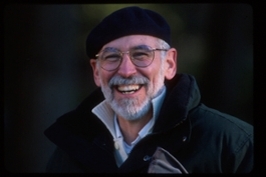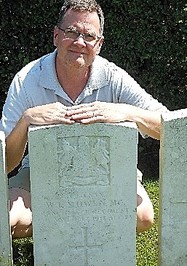
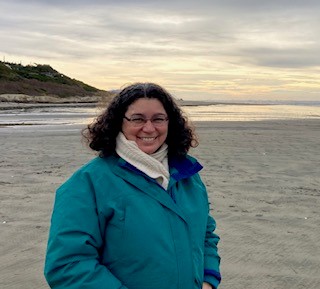
Geneviève Brassard, Ph.D., specializes in 20th Century British Literature, prose narrative, and feminist criticism; her courses include English 107: College Writing; English 112: Thinking through Literature (Reading for Social Justice); English 302: British Literature from 1800 to the Present; English 338: European Literature in Translation; English 339: Studies in Fiction; English 370: Studies in Women Writers (an elective for the Gender & Women’s Studies Minor); and English 375: Studies in Irish Writers. She served as Book Review editor for the Space Between Journal from 2017 to 2020 and regularly presents her research on interwar women writers at the annual meetings of the Modernist Studies Association (MSA) and The Space Between.
Her recent publications can be found here.
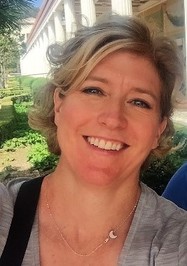
Cheri Buck-Perry teaches integrative courses in the core curriculum designed to explore the rich intersection between academic disciplines. Her courses include ENG 191 Thinking through Literature: Reading and Writing Cultures of Food, in which students investigate identity, hunger, and our complex relationship with food and the environment, and ENG 191 Thinking Through Literature: Thresholds of Resistance in the Modern World, a course that investigates the dynamic conversation between literature and key historical movements. (Both courses are designed as co-requisites with core Environmental Science and History requirements.) Professor Buck-Perry also teaches ENG 112 Thinking Through Literature: Ways of Knowing and ENG 107 College Writing. Her interests include pedagogy, food literature and studies, and literature of the American West. She has given presentations on pedagogy, early twentieth-century American women writers, and has facilitated numerous creative writing workshops for young scholars in the Portland area.
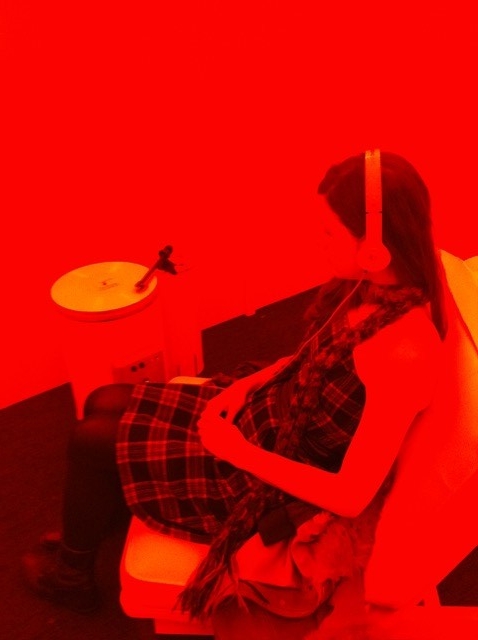
Amanda Duncan is a graduate of the Ph.D. program in English at SUNY-Buffalo. She has published numerous essays on Irish modern and postmodern literature, psychoanalysis, and post-humanism. Her other interests include 17th and 18thcentury literature, modern and postmodern philosophy, Film theory and gender theory.
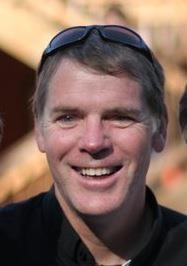
Fr. Hannon teaches writing with a focus on the personal essay, narrative, memoir, and profile writing. His courses include ENG 107 Introduction to College Writing; ENG 112 Thinking Through Literature; ENG 311 Advanced Writing; and ENG 343 Studies in Nonfiction. He has had published three collections of narrative essays (Running Into the Arms of God: Stories of Prayer, Prayer as Story, 2005; Geography of God’s Mercy: Stories of Mercy and Forgiveness, 2007; The Long Yearning’s End: Stories of Sacrament and Incarnation, 2009: ACTA Publications), and one collection of personal essays: Sacrament: Personal Encounters with Memories, Wounds, Dreams and Unruly Hearts (Ave Maria Press, 2014). His essays have appeared in The Gold Man Review, Timberline Review, Notre Dame Magazine, Portland Magazine, The Utne Reader, and US Catholic.
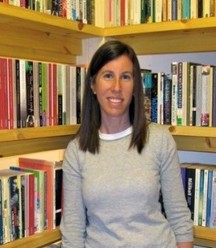
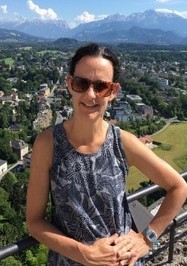
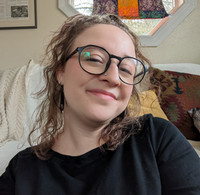
Josie Kochendorfer received her MFA in Creative Nonfiction from the Ohio State University in 2020 and is a current doctoral candidate in Literature and Criticism at Indiana University of Pennsylvania. She teaches and writes about narrative form, trauma, horror, feminism, popular culture, and adaptation. Her recent conference presentations have been on trauma and fragmented form, and reading Taylor Swift as literature.
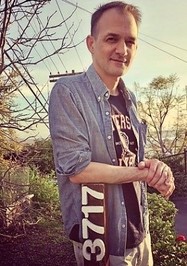
Dr. Larson is Associate Professor of English and teaches twentieth-century U.S. literature for its connections with mobility, space, history, and power. His courses include ENG 112 Thinking through Literature: Mobility & Words in the World, American Lit. Survey II, Film and Lit., Northwest Lit., and City Life in American Lit. He has given recent presentations on deep time, wonder, spatial field guides, pedagogy, and material ruins, and is a longtime member of the Western Literature Association. Dr. Larson concentrated on American studies and literature as an undergraduate at the University of Pennsylvania and earned his Ph.D. in English at UCLA. A 2014 Teaching Fulbright in 2014 (Mysore, South India) expanded his focus beyond America, toward India. View his publications.
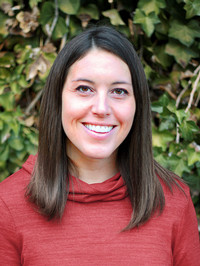
Jean Little is a Part-Time Assistant Professor at the University of Portland, where she teaches writing and literature classes. Her research focuses on nineteenth-century literature and the history of science and mathematics, medical humanities, crime fiction, and literary form.
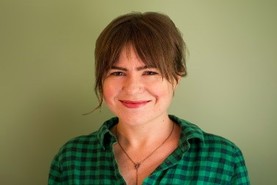

John McDonald (M.A.) teaches Modern/Contemporary Arabic Literature, Advanced Writing, Introduction to Literary Studies, Thinking Through Literature, and College Writing. In 2008 he was awarded a Fulbright to teach American Studies and Early American literature at the University of Jordan (Amman). He also taught in the Writing Program at the American University in Cairo (AUC) from 1998-2000. His published work includes three poetry chapbooks: Three Poems Twice (1994), La Mancha, (1996) and Without A Scaffold (2005), and his short stories, poems, and essays have appeared in various publications, including, Troubled Surfer, HEATHENzine, Arnazella: Literary and Visual Art from the Pacific Northwest, Fireweed: Poetry of Western Oregon, Lilliput Review, Golf in Egypt, The Palestine Chronicle, The Oregonian, and The Portland Magazine. View his scholarly essays.
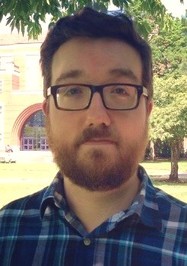
Joshua Swidzinski is Associate Professor and Chair of the Department of English at the University of Portland, where he teaches and writes about seventeenth- and eighteenth-century British literature, poetry and poetics, and the history of literary criticism. His recent publications have explored intersections between poetry and scholarship in the writings of Alexander Pope, Thomas Gray, Robert Burns, and others. He is currently working on a biography of the poet Abraham Cowley. View his publications.
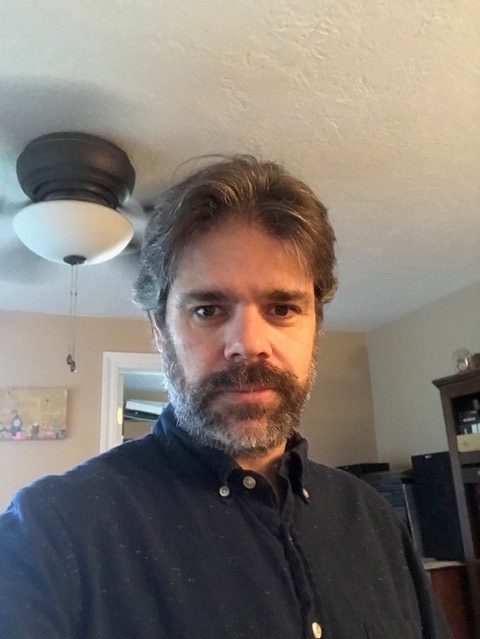
John Carr Walker is a native of California’s San Joaquin Valley. He holds a BA in English from Fresno Pacific University and an MFA in Fiction from Pacific University Oregon. He taught English, Humanities, and International Baccalaureate classes at Kerman and Fresno High Schools until 2006, when he moved to the greater Portland area. Since then, he’s taught Composition, Literature, Literary Magazine Production, and First Year Seminars at Pacific. His story collection, Repairable Men (Sunnyoutside 2014), was a Small Press Distribution “Best of the Press” pick and a featured title on Late Night Library’s Debut podcast. His fiction and nonfiction has appeared in Prime Number, Eclectica, Nailed, Hippocampus, Split Lip, Propellor, The Rupture, Pithead Chapel, Lost Balloon, Bodega, and elsewhere. He’s been nominated for the Pushcart Prize and was a 2012 Fishtrap Fellow. He writes about anxiety and creativity in the weekly newsletter John Carr Walker Sitting In His Little Room.
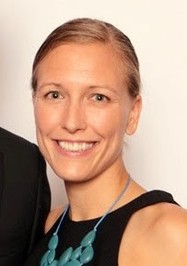
Dr. Weiger is Associate Professor of English at the University of Portland, where she teaches and studies nineteenth-century British literature and environmental literature. She holds a dual appointment in the department of Environmental Studies. Her courses include ENG 112: Thinking Through Literature (Weather and Climate), ENG 363: Environmental Literature, and ENG 403: Literature and Posthumanism. She also teaches British literature survey courses from the nineteenth century to the present, featuring writing of the Romantic period. Her recent conference presentations have been on the natural history writing of Henry David Thoreau and on Samuel Taylor Coleridge’s albatross. She earned her PhD at Cornell University and her BA at the University of Michigan. Dr. Weiger is on sabbatical leave for the 2018-19 academic year. View her publications.

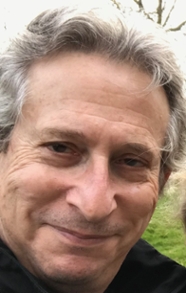
Dr. Asarnow taught poetry, early modern British literature, Shakespeare, and satire at the University of Portland for 35 years, retiring in May of 2014. He served as Chair of English for 15 of those years. He is a grateful and proud mentor to generations of UP students and a grateful and proud colleague to the marvelous English faculty. Herman has published a collection of his poetry, Glass-Bottom Boat (Higganum Hill Books), and his poems have appeared in such venues as The Southern Review, Prairie Schooner, Beloit Poetry Journal, and Guernica. His essays have appeared in North Dakota Quarterly, High Plains Literary Review, Iron Horse Quarterly, and Portland Magazine. And his translations of poems by Argentine/Spanish poet Noni Benegas have been published in Meridian and the Marlboro Review. Rarely on campus these days, he can be reached via his UP email.
